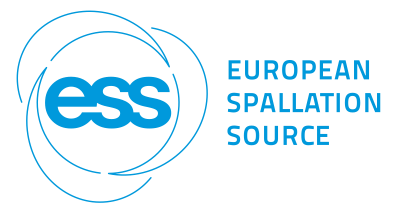Contributor Camp
→
America/New_York
University of Delaware campus
University of Delaware campus
Newark, Delaware, USA
Description
Welcome to the registration portal for the SasView Contributor Camp!
For more information and timetable please visit: https://github.com/SasView/sasview/wiki/ContributorCampXII
Organiser Email
